Denis Villeneuve’s Dune films represent two of the more remarkable turnarounds in recent Hollywood history. After the failure of David Lynch’s ambitious but deeply, deeply flawed Eighties attempt at filming Frank Herbert’s sprawling sci-fi epic, the project was seen as all but impossible, being both vastly expensive and presumed to be of interest mainly to the kind of young men who prefer to watch films in their parents’ basements rather than at their local theater. It also didn’t help that the first film was released day-and-date with the HBO Max streaming service; the fact that it made more than $400 million at the box office was, under the circumstances, something of a miracle.
The sequel, however, aided by the growing star power of Timothée Chalamet, was a bona fide hit, making more than $700 million earlier this year. It’s widely expected that a third installment, provisionally entitled Dune: Messiah, will be in theaters some time in 2027 or so. But the brand is a strong and lucrative one, so it isn’t a huge surprise that HBO have now released a new series, Dune: Prophecy, which capitalizes on the near-frenzied interest that the most recent film engendered.
It is set 10,000 years before the pictures — shades of House of the Dragon, although to an even greater extent — and although the words “Harkonnen” and “Atreides” are bandied around, just to keep the casual fans on side, this is an altogether darker, more grown-up affair. The lead actors are the estimable Emily Watson as Valya Harkonnen, leader of the religious order that will eventually evolve into the Bene Gesserit, and Olivia Williams as her sister Tula. There is, naturally, a great deal of conspiratorial whispering about “chosen ones” and “the Imperium” in dark corners, and a great deal more sex and violence than was found in the PG-13 rated films. But, rest assured, as soon as that redoubtable character actor Mark Strong appears as “the Emperor,” you’ll know that you are deep in the embrace of old-school filmmaking, executed to a comforting level of achievement.
Dune: Prophecy bears the same relation to the original films that The Penguin (also featuring Strong) bears towards The Batman. It would not exist if they had not been successful, but it is subtly trying to shift the paradigm away from big-budget spectacle (cue sandworms!) to something more intricate and chamber-piece in its intentions. As someone who would happily watch Watson and Williams reading out Elon Musk’s old tweets for an hour, their presence on screen is to be welcomed, but there is also the faint sense of “will this do” hanging over the whole enterprise.
Just as the many, many Star Wars and Marvel projects that have scurried onto the small screen have now successfully reduced the impact of the original films, so there is the feeling that this show — not based on the original Herbert novels, but instead inspired by the prequel trilogy Great Schools of Dune, co-written by Herbert’s son Brian — has been rushed out in order to keep people engaged with all things Bene Gesserit, and it wouldn’t be at all surprising if there was to be another series before Dune: Messiah comes to theaters.
I have mixed feelings about this kind of exploitation of IP. If adult-oriented entertainment is done well, and properly, then it hardly matters what the intentions behind it are. (After all, I don’t see anyone complaining that Gladiator II is, at the end of the day, a well-executed but cynical cash-grab designed to capitalize on the enormous and enduring affection millions feel for the original.) Yet there may come a point that Dune fatigue sets in, and we may pinpoint this series as that very situation. If so, there will be a sense of weariness and disappointment that even the protagonists of this series would have done well to anticipate, and then to subvert. Still, for what it is, this is visionary, pacy entertainment — and we should, at least, be grateful for that.



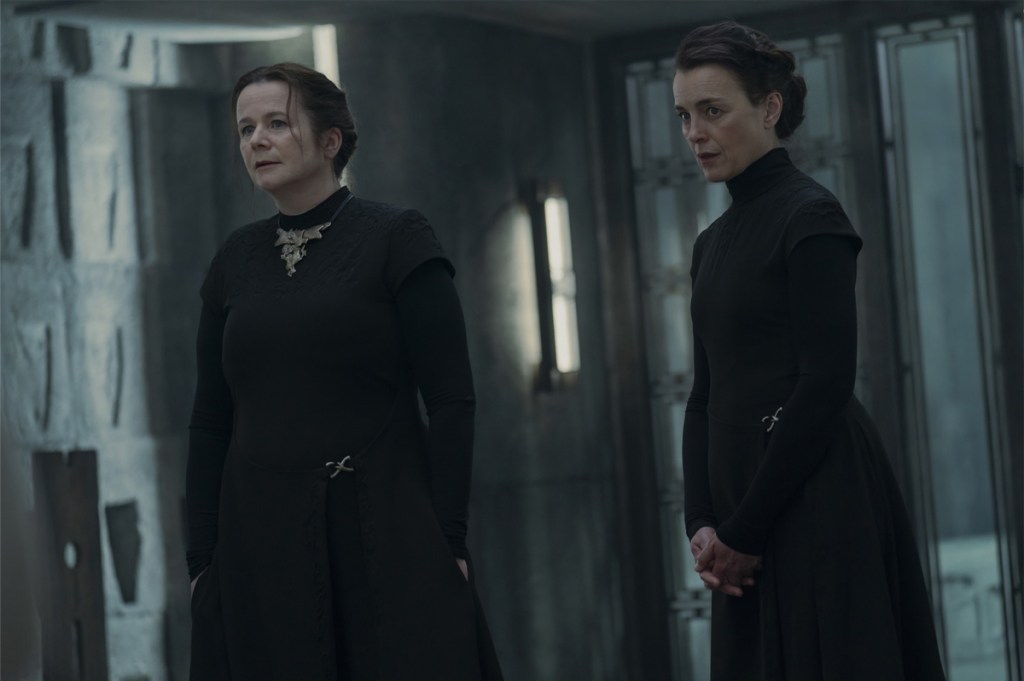





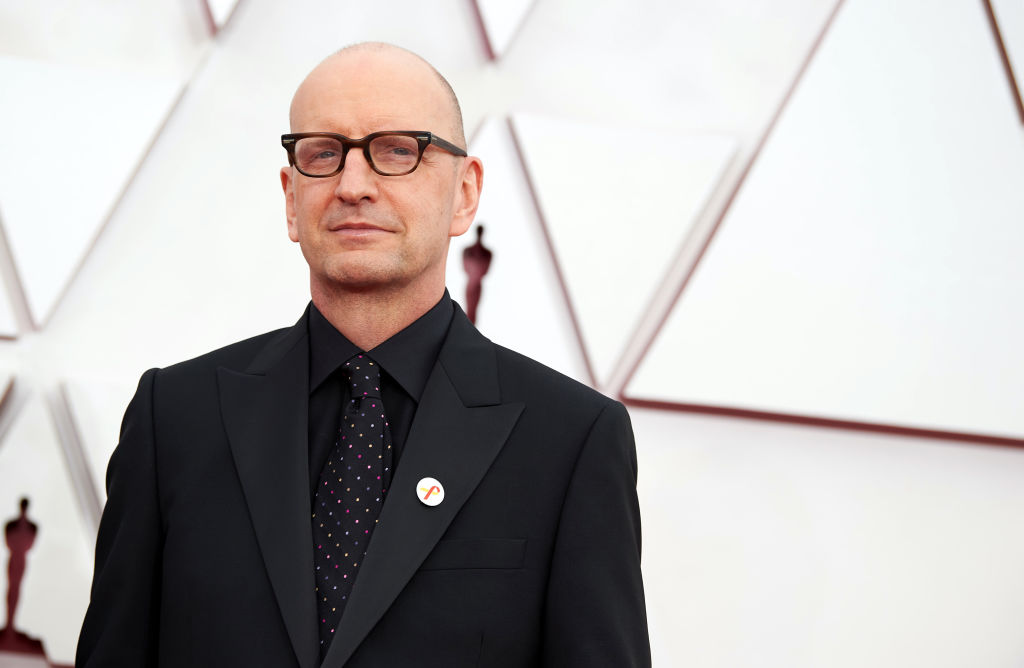
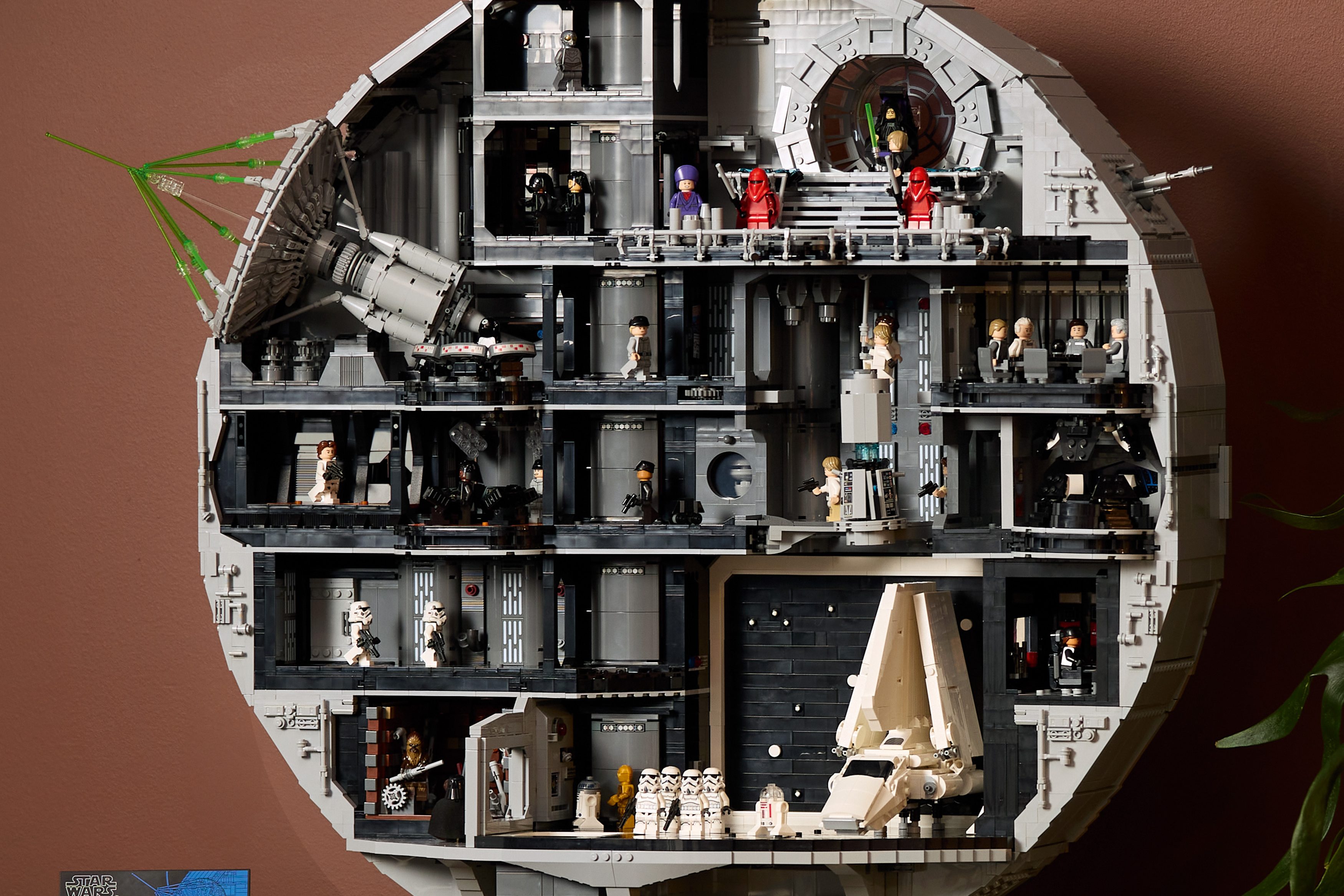

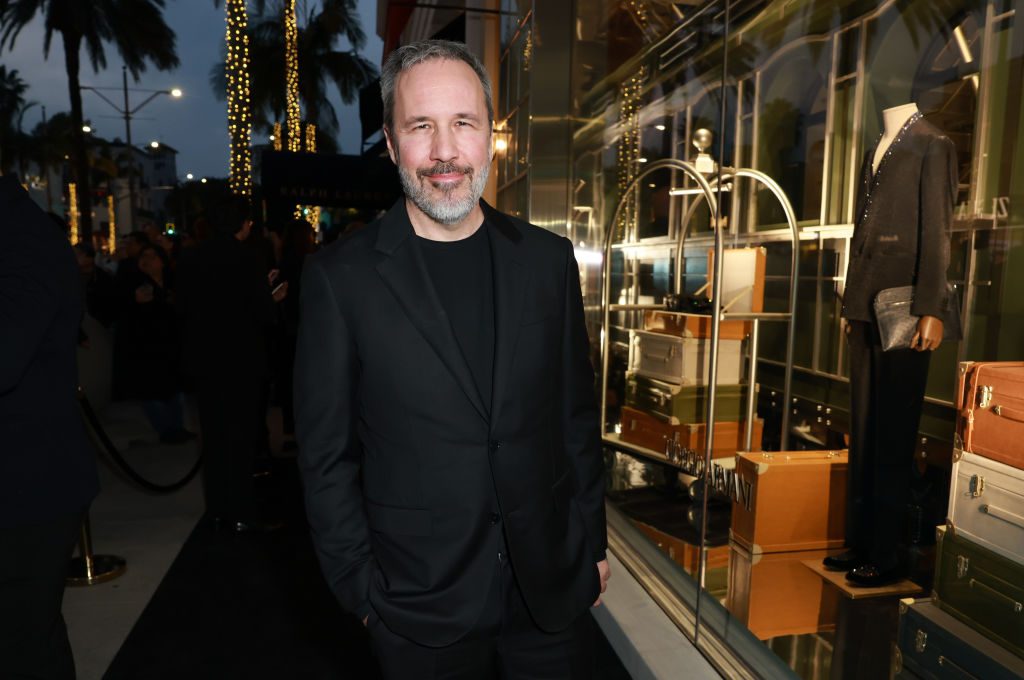

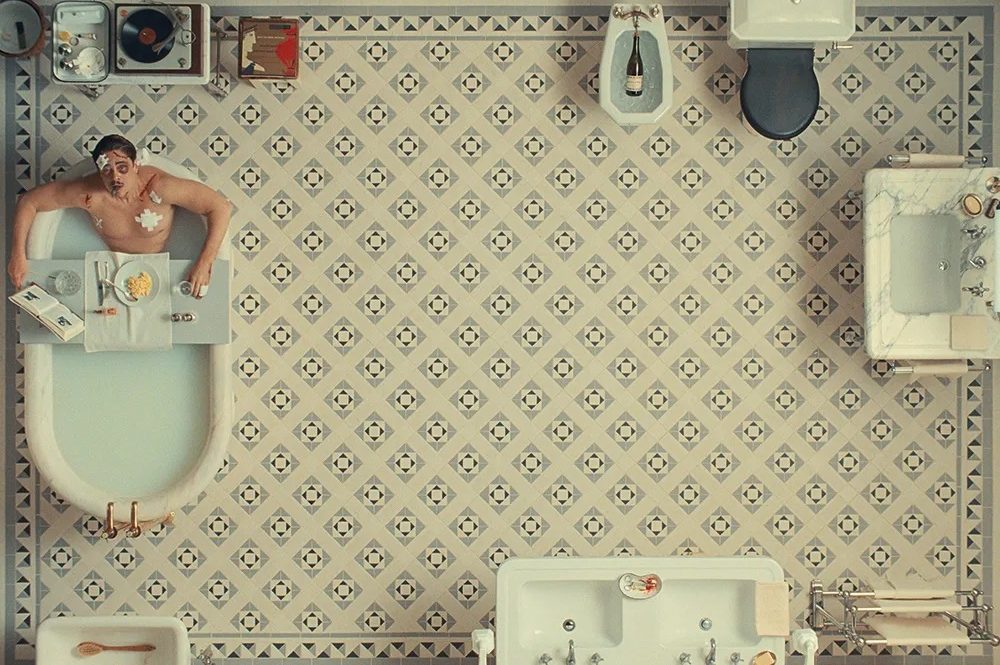







Leave a Reply